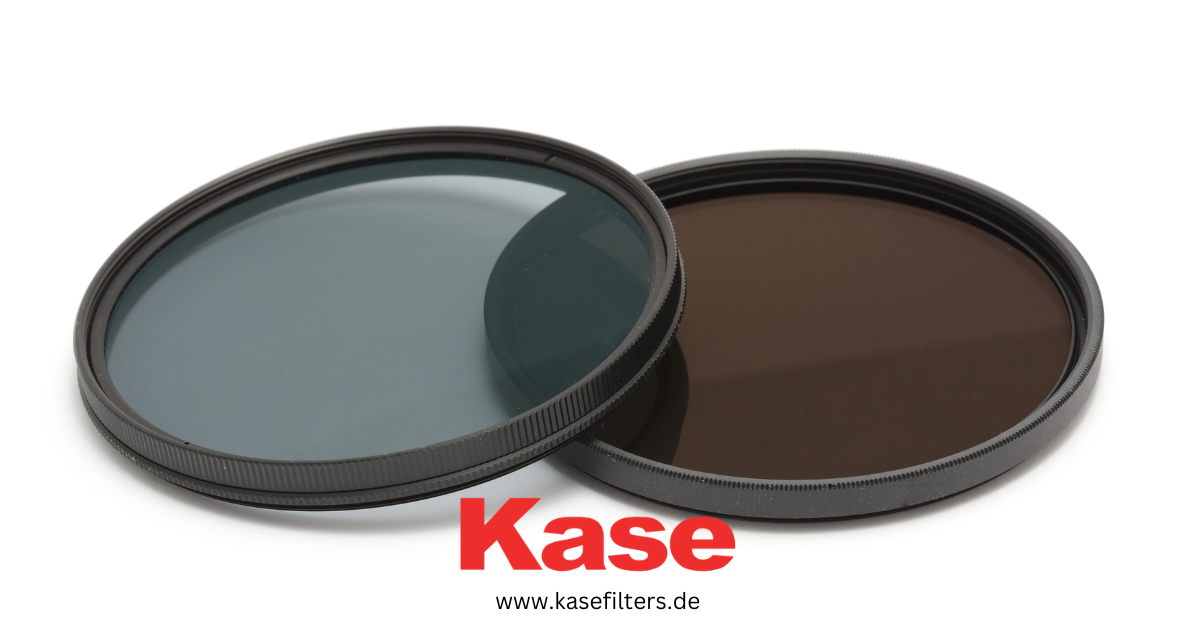General

Optical glass vs resin lens filters: A comprehensive comparison
Camera lens filters play a crucial role in the quality of photos, allowing you to achieve desired effects and overcome various shooting challenges. In this guide, we'll explore the advantages and disadvantages of two popular filter materials: glass and resin. This blog will help you to make an informed decision about which lens filters to choose.
Why is lens filter material so important?
The material of your lens filter significantly influences your photography outcomes, in particular optical quality (will your images be clear and sharp?), colour accuracy (will there be any colour casts?), durability (how easily are the filters breakable or scratchable?).
It’s important to have good lens, but the filter material and its quality can either enhance your images or ruin the initial quality. Below, we’ll tell you which lens filters are better, resin or glass, and in which aspects.
Glass lens filters: Advantages and disadvantages
Advantages:
- High optical quality
Glass filters are known for maintaining the clarity and sharpness of images, ensuring minimal distortion.
- Scratch resistance
Glass filters offer long-term reliability in demanding conditions. They are not so easily scratched as resin filters, so you are less likely to damage them when using outside or carrying in the pocket.
- Temperature resistance
Glass filters perform consistently across a range of environmental conditions. You can easily take them outside no matter what weather conditions are.
- Colour neutrality
Lens filters made from high-quality optical glass preserve accurate colour reproduction and do not cause colour cast. On the other hand, resin filters can add a blue colour to the photos.

Disadvantages:
- Higher cost
High-quality glass filters often come at a higher price. Compared to resin filters, they cost more.
- Easier to break
Glass filters of low quality are much easier to break in case you drop them. However, this drawback is not such an issue when the filter is made of high-quality tempered optical glass. Glass filters from Kase are made from shockproof glass. Check out the drop tests of our filters!
- Weight and bulk
Glass filters can be a bit heavier and bulkier, but they are still easy to transport.
Explore glass filters for camera lens from Kase
Resin lens filters: Advantages and disadvantages
Advantages:
- Lower cost
Resin filters are cheaper than glass ones since the technology to produce them is easier and requires less money. That´s perhaps the main reason why resin filters can be preferred over optical glass.
- Durability
Resin filters are less likely to break if you drop them accidentally on the rocks. However, good-quality glass filters do not cede in this.
Disadvantages:
- Impact on image clarity
The material characteristics of resin can, at times, lead to a slight reduction in optical clarity. This may manifest in a subtle loss of sharpness or increased colour aberrations, especially in high-contrast situations.
- Chromatic aberrations
Resin filters may affect the accuracy of colour reproduction in specific lighting conditions. This can be a consideration for photographers who prioritise precise colour rendering in their work.
- Distortion
In scenarios demanding the highest level of optical precision, such as professional landscape or architectural photography, glass filters are better than resin since they minimise any potential distortion introduced by resin alternatives.
Glass vs resin filters comparison: Conclusion
In conclusion, the choice between glass and resin lens filters depends on your specific preferences and shooting conditions. If your priority are high-quality images, then glass lens filters are the best choice for you. On the other hand, if you are looking for a cost-effective solution or want to try filters for experiments and lower quality doesn´t scare you, resin filters can serve the purpose.
Each material has its strengths and weaknesses, and understanding them will empower you to make the right decision for your photography journey.
Discover our filters:
Want to get glass filter and don't know which one to choose? Ask our experts!




